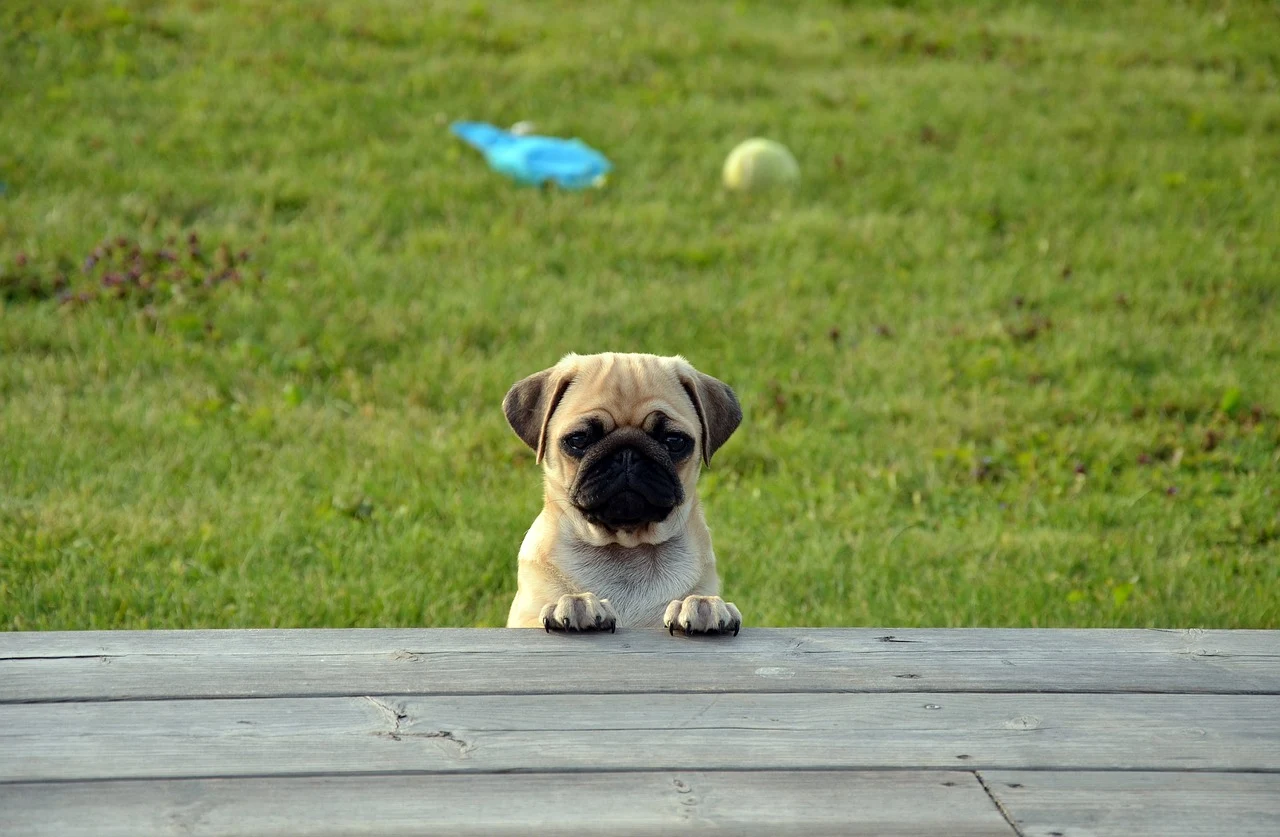Pug puppy training is a very important part of having a pug puppy.
 |
| Puppy Training |
Pug Puppy Training
Just like any other breed of dog, pugs should receive basic training in obedience training, housebreaking, and socialization training, at the very least, to ensure a well behaved dog inside and outside the home.
More training will be required if you plan on showing your pug, however, so that they can learn what is expected of them when being shown, and to train them to be still during grooming for shows.
Many times pug puppies are bought with the intention of entering the dog in shows, and show training should be started as early as possible if this is the case, to ensure that your pug puppy is comfortable with the steps involved.
Pug puppy training should include basic commands like sit, stay, and come, as well as chew toy training.
Puppies have a tendency to chew, and this is a natural need, so training your puppy to understand it is only acceptable to chew on toys is important.
Pugs are small dogs, but they can destroy your furnishings and decorations just as easily as a bigger dog.
Because pugs are very small they should also be carefully supervised around pools, ponds, and any other deeper water, or else they could easily drown.
Puppies should always be supervised unless they are in their crate, to protect the puppy and everything you own.
Pug puppy training should be fun for you and your pet, as well as teaching valuable training lessons.
If your puppy views training as fun, they will learn more and be eager for training sessions.
Training is necessary for a well behaved pet, and the training should be enjoyable, not stressful or confusing.
If either you or your new puppy starts to stress during training, the session should be stopped and the play time started.
Training sessions should always be kept to fifteen minutes or less, preferably ten minutes, because longer sessions will not be as effective.
After ten or fifteen minutes you are your puppy are getting tired, and training should be viewed by both you and your puppy as a fun chance to spend quality time together.
Always end training sessions with a time for play between you and the puppy,and you will be pleased by how quickly your puppy learns.

Comments
Post a Comment